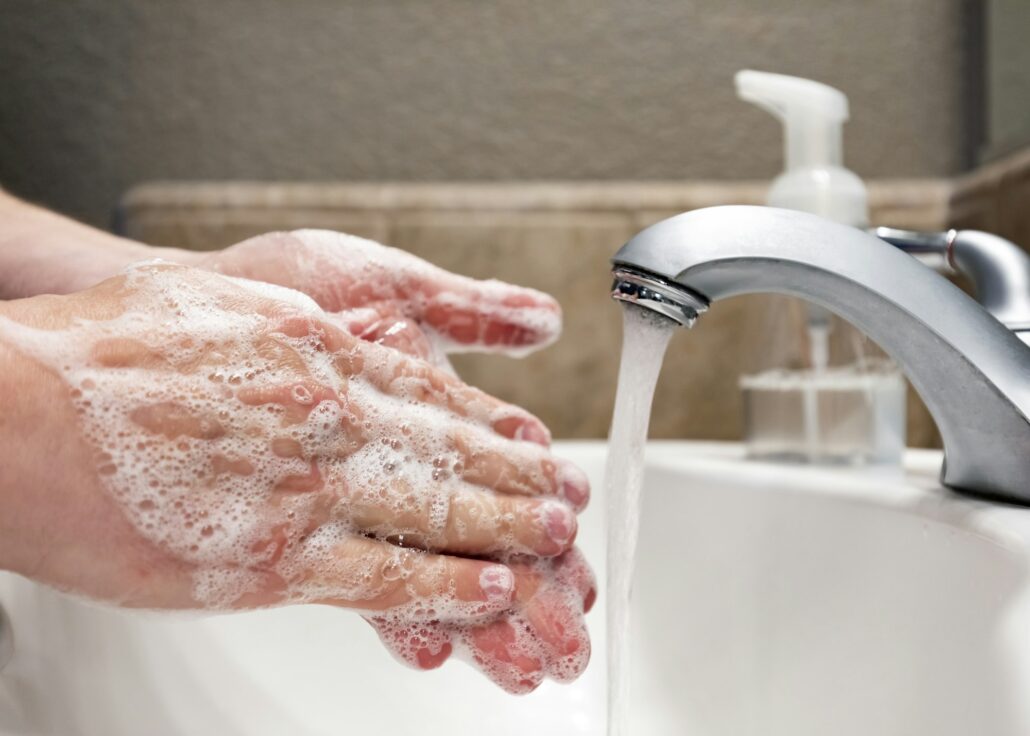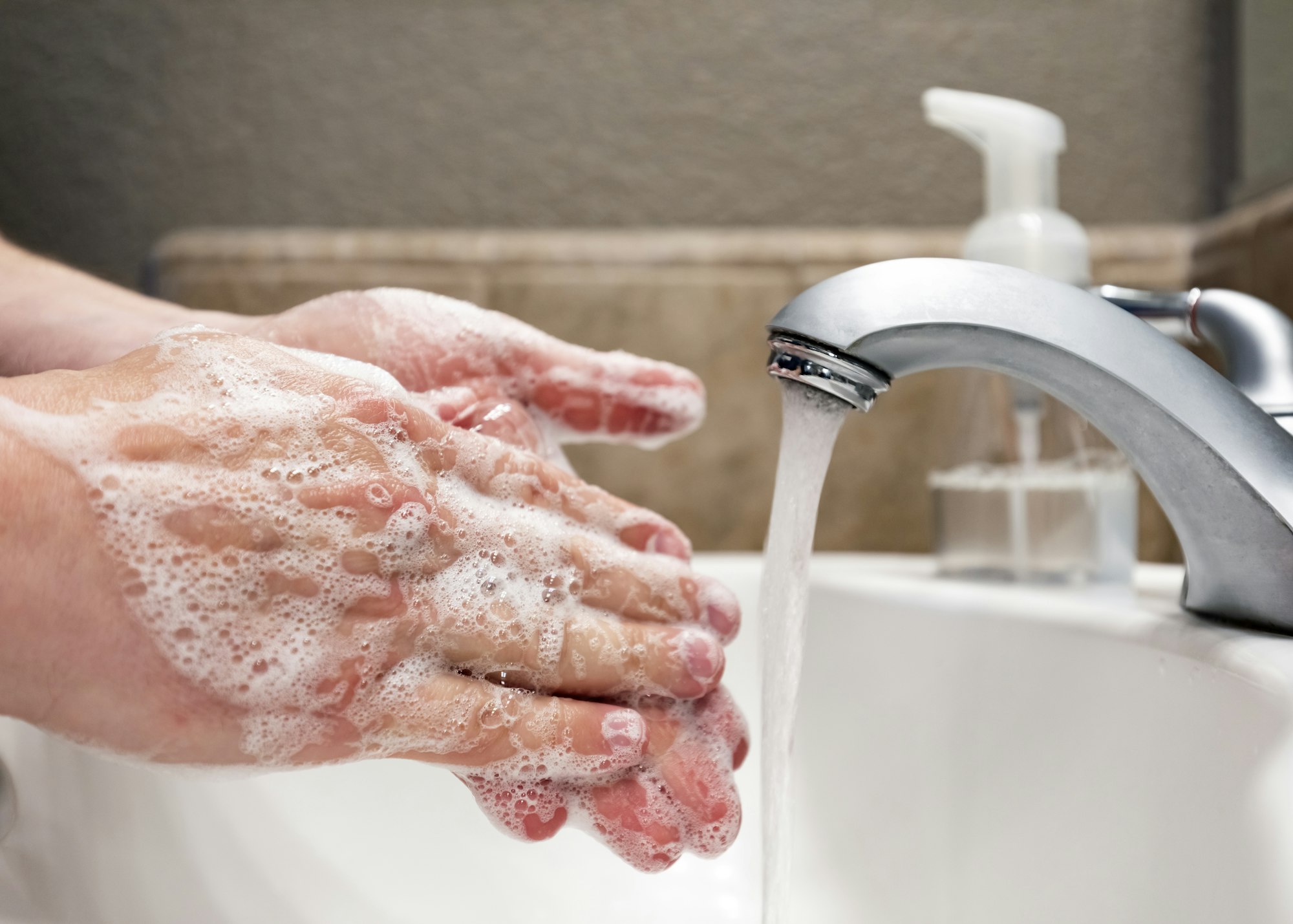Think back to when you were a child—how many times did you hear the command, “Wash your hands!”? It’s a simple instruction that has been repeated to us countless times by parents, teachers, and caregivers.
But have you ever paused to consider the real importance of this age-old practice? Hand washing might seem like a simple routine, but it’s much more important than just keeping clean.
In the next sections, we’ll explain why hand washing is important for staying healthy and avoiding illness. We’ll also give you key tips for excellent hand hygiene.
Let’s discover the true power behind those sparkling clean hands.

Why Hand Washing Is Important
Preventing Illness
First off, washing your hands is one of the easiest ways to prevent getting sick. Our hands come into contact with countless surfaces daily, picking up germs like bacteria and viruses along the way.
When you touch your face, these germs can enter your body through your eyes, nose, or mouth, leading to common illnesses such as colds, the flu, and stomach bugs. Simple hand washing can be a powerful shield against these infections.
Protecting Others
It’s not just about you; it’s about protecting those around you too. When you wash your hands, you reduce the risk of spreading germs to family, friends, and coworkers. Think about environments like schools, workplaces, and public spaces where germs can spread quickly.
By keeping your hands clean, you contribute to a healthier community, ensuring that even the most vulnerable members are less likely to catch diseases.
Impact on Public Health
On a larger scale, proper hand hygiene can significantly reduce the spread of infectious diseases. Historical and recent outbreaks have shown how critical hand washing can be in controlling disease spread. Public health campaigns continually encourage hand washing for this reason.
Remember the 2009 H1N1 outbreak or the recent COVID-19 pandemic? Hand hygiene was a key component in the efforts to control these diseases.
How to Keep Your Hands Clean
When to Wash Your Hands
So, when should you actually wash your hands? There are certain key times when hand washing is particularly important:
- Before eating or preparing food.
- After using the bathroom.
- After coughing, sneezing, or blowing your nose.
- After touching animals or pet waste.
- After handling garbage.
By remembering these key moments, you can greatly reduce the risk of spreading germs.
Proper Hand Washing Technique
Let’s talk about washing your hands properly. Follow these steps to make sure your hands are clean:
Wet your hands with clean, running water (warm or cold), and apply soap.
Lather your hands by rubbing them together with the soap. Make sure to lather the backs of your hands, between your fingers, and under your nails.
Scrub your hands for at least 20 seconds. Need a timer? Hum the “Happy Birthday” song twice.
Rinse your hands well under clean, running water.
Dry your hands using a clean towel or air dry them.
Hand Sanitizer Use
What about when you don’t have soap and water? Hand sanitizer is a great alternative. Use a hand sanitizer that contains at least 60% alcohol. Apply the gel to the palm of one hand and rub your hands together. Rub the gel over all the surfaces of your hands and fingers until your hands are dry. This usually takes around 20 seconds.
Tips for Keeping Hands Clean
A few extra tips to keep in mind:
- Avoid touching your face (eyes, nose, mouth) with unwashed hands.
- Keep your nails trimmed and clean to prevent germs from lingering there.
- Use a paper towel to turn off the faucet and open doors in public restrooms.
By adding these tips into your daily routine, you can maintain cleaner hands and reduce the risk of spreading germs.
Conclusion
So, there you have it! Washing your hands is a simple but super important act that can make a big difference in staying healthy and protecting others. Make it a regular habit, and remember that these small actions can lead to significant improvements in public health. Stay clean, stay healthy, and encourage others to do the same.







